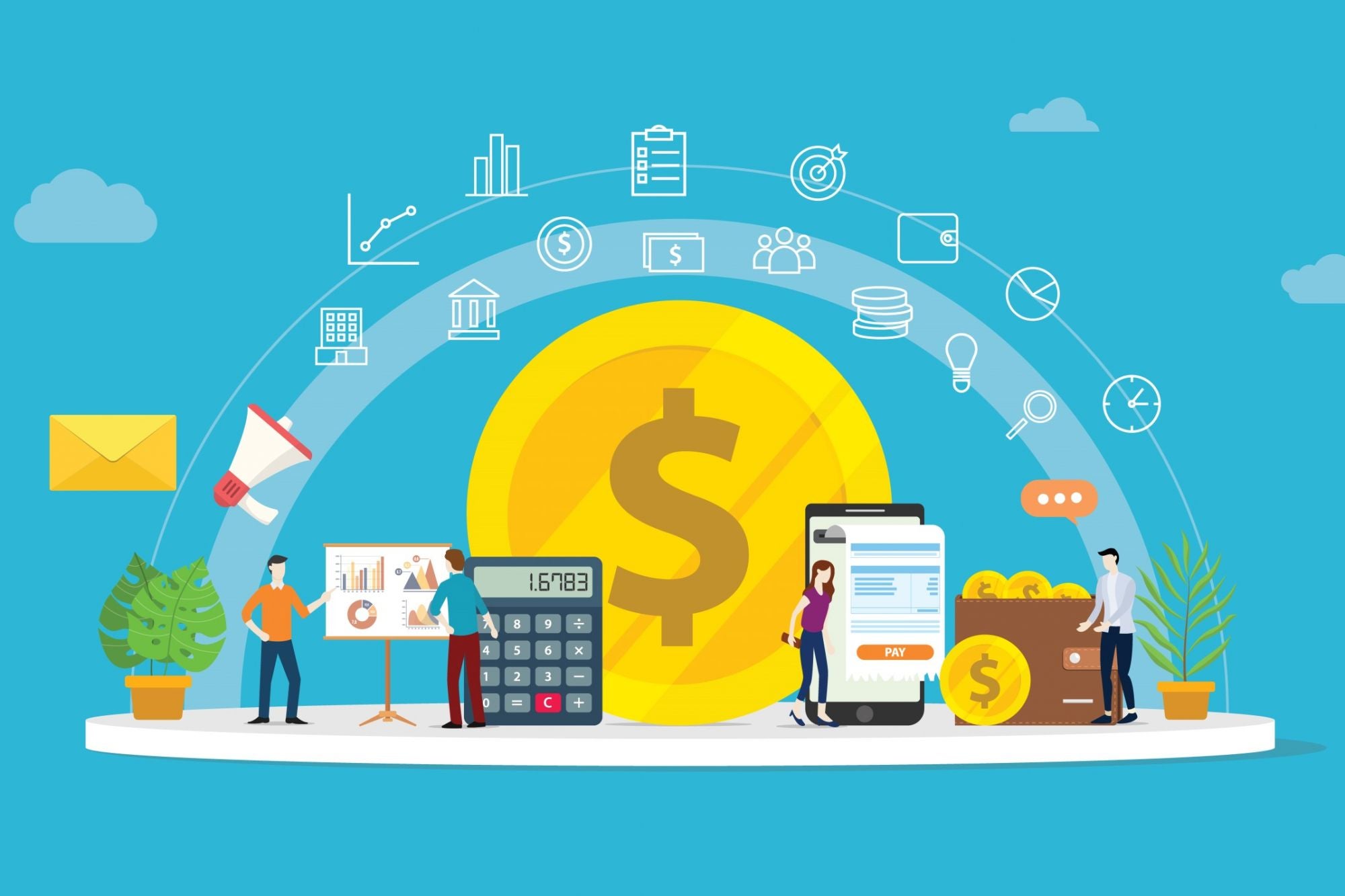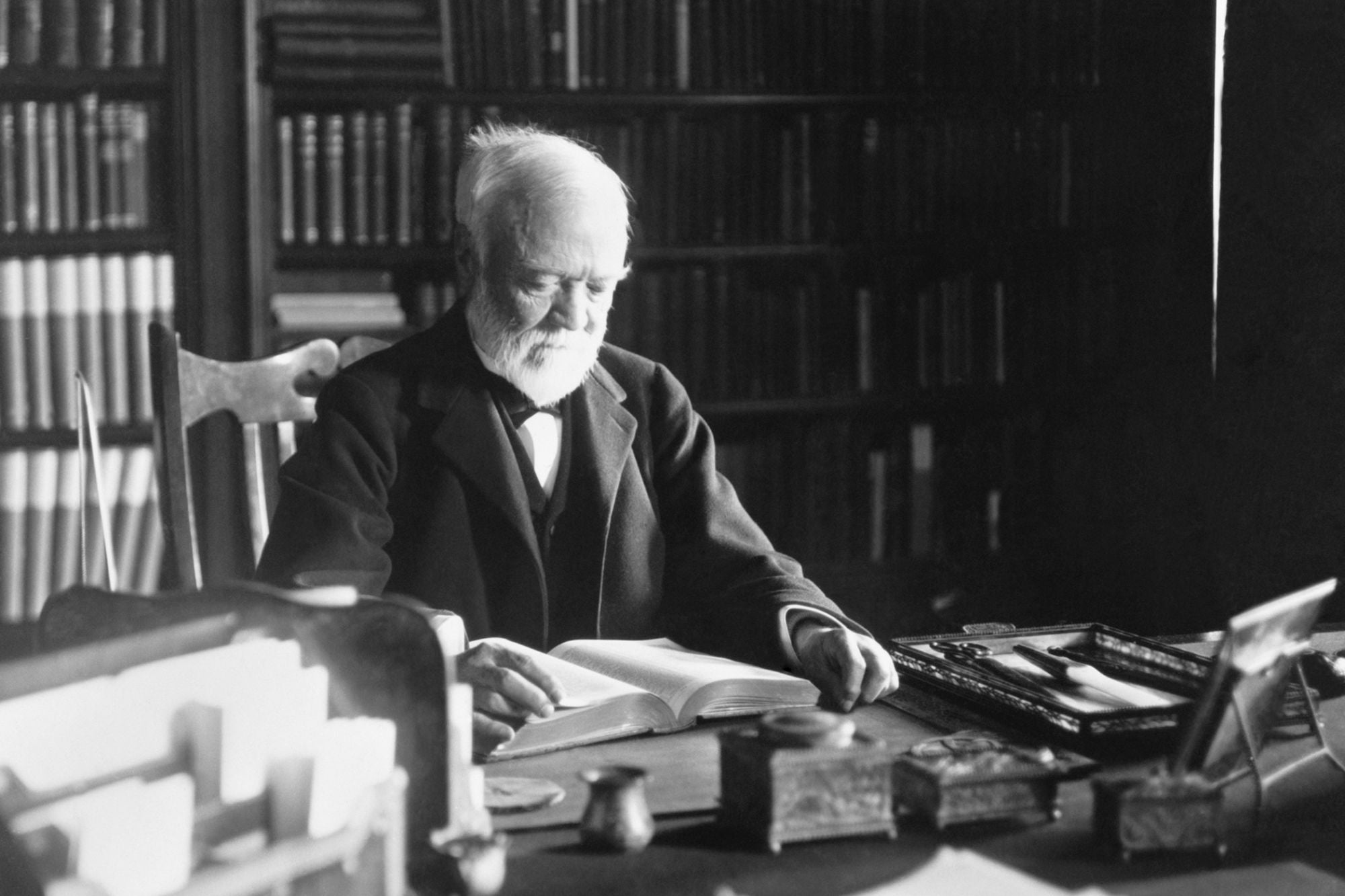Mr. Draper Founder Mahmoud Gao On Personalized Styling, Customer Acquisition, And Growth Plans In MENA Launched in 2015 by Mahmoud Gao, Mr. Draper's mission has always been to deliver "the most frictionless and personalized shopping experience."
By Junaid Seraj Edited by Pamella de Leon
Opinions expressed by Entrepreneur contributors are their own.
You're reading Entrepreneur Middle East, an international franchise of Entrepreneur Media.

Launched in 2015 by Mahmoud Gao, Mr. Draper's mission has always been to deliver "the most frictionless and personalized shopping experience." Customers start by filling out a non-complex yet powerful questionnaire on the Mr. Draper website, filling out details such as brand preference, size, style picks, and their purchase budgets. A personal stylist then boxes a set of curated pieces, based on the answers analyzed and profiled by their recommendation engine, they are then sent to the customer to try them on, with them having the freedom to buy only what they like, and send back the rest.
With Mr. Draper, customers can choose from a variety of labels including Ralph Lauren, Valentino, and Atelier Privé, and a slew of laidback brands like Converse, Topman, and Abercrombie & Fitch. What Mr. Draper started as a curated box service has now evolved to an offline version also, with users getting the chance to make use of a one-on-one experience with a stylist at the company's outpost in Dubai Silicon Oasis. "Some customers use this to shop in our showroom, but many also use it just to meet their stylist to get their sizes done," explains Gao. "It's not about online vs. offline, it's about providing the right experience at the right touchpoint."
Of course, personalized styling recommendations aren't unique to Mr. Draper; there have been other platforms using a similar strategy. However, Gao believes that it is Mr. Draper's role as a trusted advisor that sets it apart from other similar platforms. Gao explains that Mr. Draper's business model creates a deeper connection between the brand and its consumer, which enables them to fully curate the experience individual to each customer. "To become a trusted advisor, you must deliver on desires with a service they trust in the moment- it's not just about fulfilling needs, it's about fulfilling desires," he says. "Old retail sees the customer buying a new shirt, blazer, and chinos, but with us, we're understanding their entire lifestyle. In doing so, we get to build the strongest connections with our customers."
Related: Experience Matters: Ways To Create Emotional Value For Your Customers

When it comes to marketing itself, Gao says Mr. Draper has shied away from using influencers on social platforms as an acquisition channel. "When doing our research, we felt that the UAE market lacked authentic voices in the space and our customers would be turned off had we tried to communicate with them via "influencers'," says Gao. "That's not to say we won't head down that path in the future, but we will need to be smart about it. We're exploring working with "micro-influencers,' aka real people with real accomplishments. We don't care about the following count, but more if they inspire– those are the influencers we'd like to align ourselves with. We'd like to approach it from either a brand ambassadorship or affiliate model, and cover multiple touch points across the lifecycle, not just acquisition. This way, the relationship is more authentic."
From a business standpoint, Gao claims that Mr. Draper's customer base is growing over 100% YoY. Mr. Draper was also part of the Series A program run by Sharjah Entrepreneurship Centre (Sheraa) earlier this year, at the end of which it won a US$50,000 fund grant. They have also recently joined FundedByMe, a crowdfunding platform, to further raise capital for future growth plans. Excerpts from an email interview with Gao:

Mahmoud Gao, founder, Mr. Draper.
What's the impact of the MENA's fashion industry on Mr. Draper? How does having international brands evolving in the region benefit your startup?
"We are very focused on data, brands have increasingly leveraged our platform throughout their evolution in the market and on their path to customer discovery. When brands first enter the region, they often fail to understand the melting pot of nationalities that exist and struggle to cater to each specifically. We're able to leverage our platform and deep customer data/insight to create strategic relationships with the brands during their expansion phase in the market to help one, introduce the brand to would-be customers, and two, align offers to customer taste and fits."
Related: Mind Matters - Five Customer Psychology Principles To Boost Your Exhibition ROI
Expanding within a global market, you come across customers with a wide range of style ethics and needs- how do you as Mr. Draper cater to such a variety of style senses?
"This, again, comes back to our data and how our algorithm applies it. At sign up, customers are giving us information about their style/fit profile. As they use the service, they are telling us more about their style preferences by either purchasing items or returning them and providing feedback. The word "return' in e-commerce may have a negative connotation, but for us, returns are as valuable as purchases, and this is what really sets us apart. Our algorithm values and ranks "negative signals,' based on the feedback that each customer gives for each item they return. This makes it easy to look for "otherwise invisible' purchasing patterns, for example, between different brands and styles vs. different locations, nationalities and cultures. On top of that, being based in UAE, with such a wide range of different styles and cultures, gives us a significant head start."
How do you see Mr. Draper evolving as a profitable business with your current business model?
"Absolutely, the path to profitability for us is simple– we need to continue growing our customer base, while also maintaining retention and frequency of purchases. At scale, your customer base is large enough to cover your overheads, and less marketing dollars are required to grow the business. We want our business to grow from repeat buyers– this is what will make it sustainable. The opportunities for continued growth is what really gets me excited about our business. We have ideas in progress and other more long-term plans that include expanding geographies and into other verticals, which our in-house built tech allows us to do relatively easily."
Related: Style Statement: Sacoor Brothers Opens Flagship Store At The Dubai Mall












